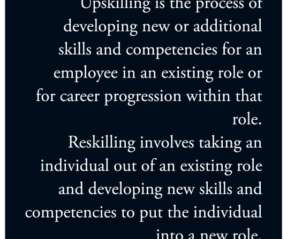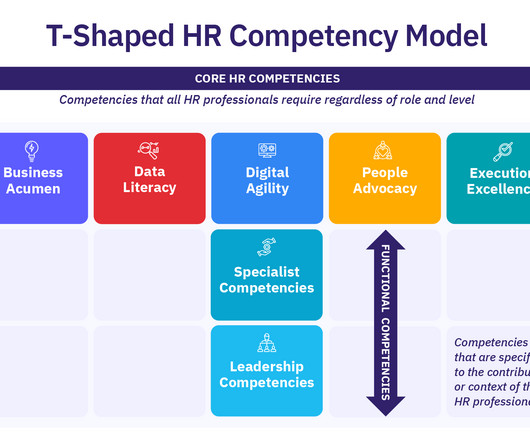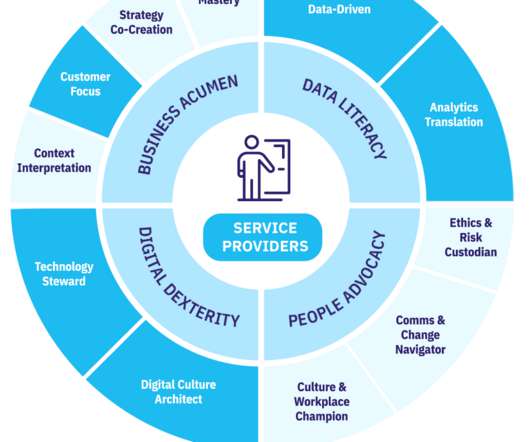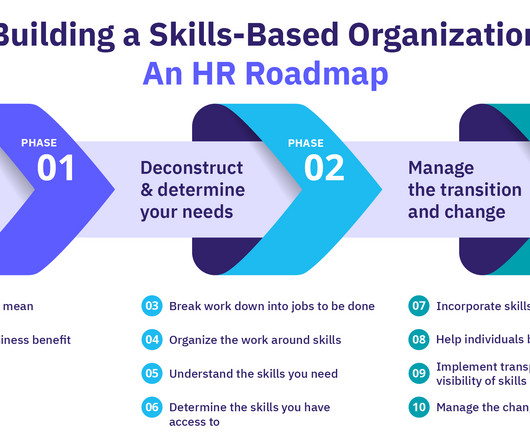What Is Human Resources?
Analytics in HR
JULY 31, 2023
Managing Human Resources involves overseeing all aspects of HR, such as hiring, training, compensating, engaging, promoting, and retaining employees. For example, your HR would look into hiring people who are a good culture fit for the organization so they stay longer and be more productive.



















Let's personalize your content